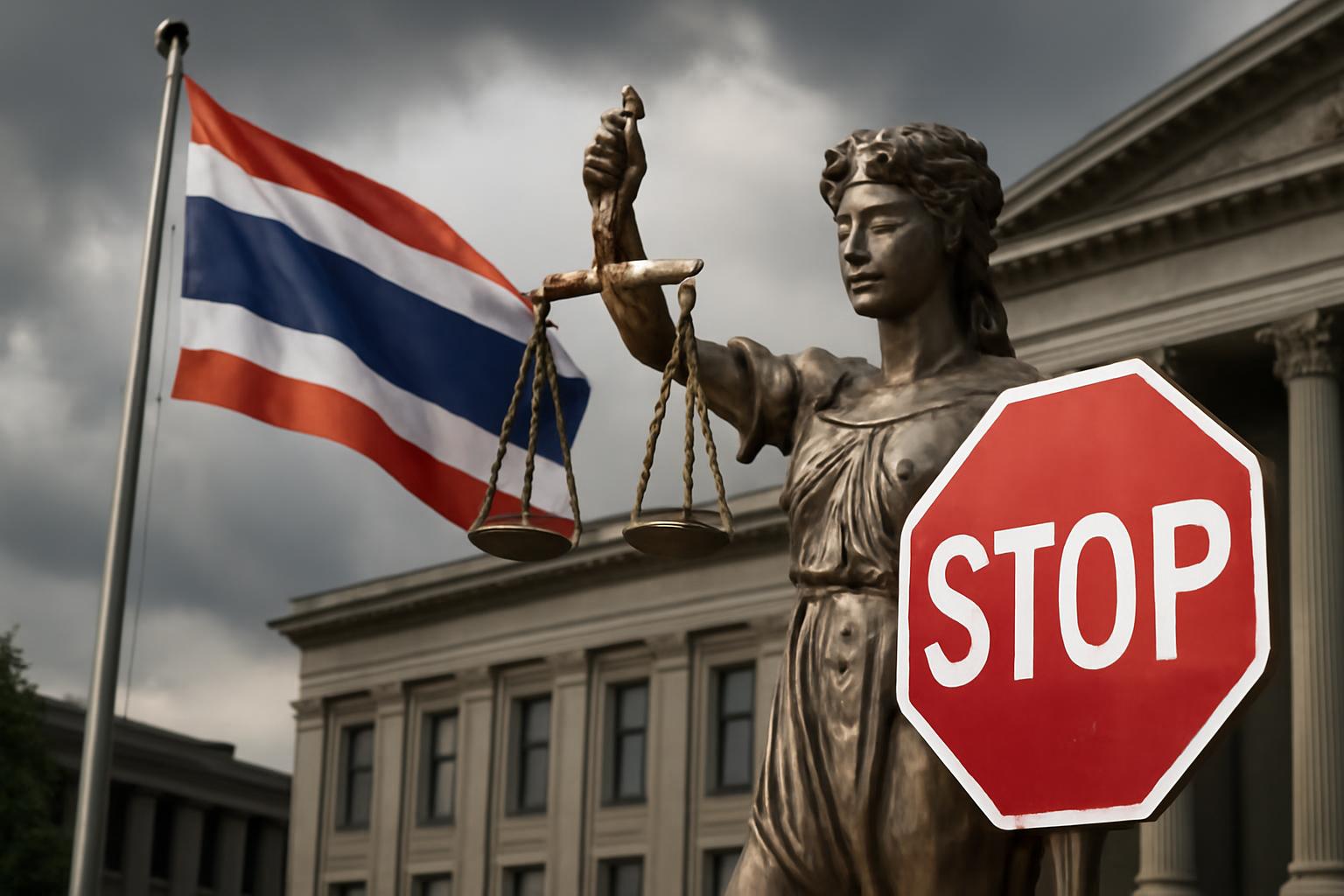Thailand’s current turmoil is yet another chapter in the country’s long record of democratic frustrations and elite dominance. The immediate scandal that forced Prime Minister Paetongtarn Shinawatra’s suspension—a casual phone call, a vague slighting of the military—is only the tip of the iceberg. It is the visible signal of a much deeper malady: the country’s inability to reconcile popular self-government with persistent and deeply entrenched power structures—the military, the monarchy, and their supporting apparatus.
My heart aches with concern at the spectacle of recurring coups, judicial interventions, dissolutions of victorious political parties, and the willful sidelining of any genuine attempt at reform. What we see in Thailand is not the failure of democracy per se, but the refusal of entrenched elites to countenance the open competition and unpredictability of a truly free society. For decades, military juntas and royalist sympathizers have constructed ever more intricate legal and institutional barriers against the majority will, using constitutions and courts as tools of exclusion. By systematically stifling those who dare to propose changes—whether the Move Forward Party’s campaign against lèse-majesté or the Shinawatra family’s populist forays—they betray the essential principle that sustains truly free societies: that no authority is ever absolute, nor ever immune from criticism and peaceful displacement through popular consent.
This is not mere procedural wrangling, nor the “chaos” that defenders of authoritarian stability might conjure to frighten the public. On the contrary, it is the predictable, tragic consequence whenever the spontaneous order of a free polity is blocked by the arrogance of planners who presume to know the proper outcome. When the rules of the game are changed whenever those with real power dislike the score, then all economic and social hopes rest on quicksand. Thailand’s economic resilience cannot forever compensate for this institutional sclerosis. Foreign investment will flee uncertainty, the energies of the young will turn to apathy or anger, and every social order—deprived of adaptability—becomes brittle.
Let us not deceive ourselves: Thailand’s impasse is not historic inevitability, but the direct, repeated result of interventions designed to arrest the creative force of free people making their own future. The court dissolutions, military threats, and constitutional rewrites are all iterations of top-down arrogance—the belief that good order can be imposed from above, and that “correct” outcomes matter more than free competition and discovery. But this is an illusion. Where genuine political liberty is choked off, no technocratic competence or nationalist rhetoric will deliver prosperity or peace. Until such a time as Thailand’s rulers release their grip and allow the market of ideas—and candidates—to function, the country’s future will be one of wasted potential, mounting frustration, and institutional decay.
The lesson, for Thailand and the world, is perennial: freedom is fragile, and every infringement—however justified by necessity or tradition—ultimately breeds stagnation and unrest. The only stable order is one that trusts its own people, and the only future worthy of hope is the one built from the ground up, not doled out by a self-proclaimed elite.
